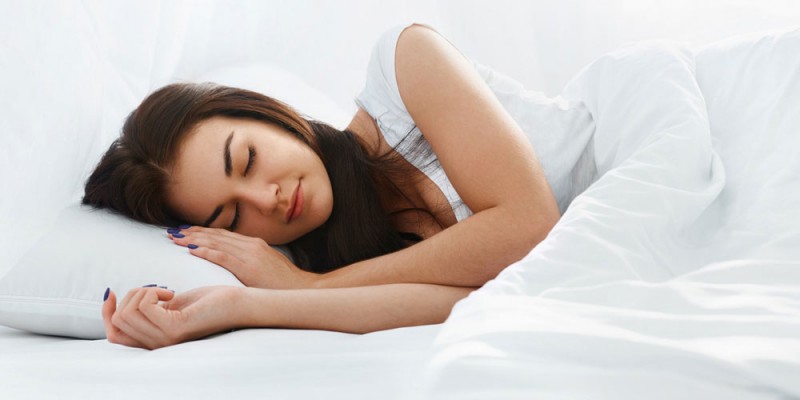
Having trouble falling asleep can be frustrating and impact your overall well-being. Quality sleep is essential for physical health, mental clarity, and emotional balance. In this article, we will explore five natural suggestions that can help you improve your sleep patterns and enjoy a restful night.
Understanding the Importance of Good Sleep
Sleep is not merely a time of rest; it is a crucial period when the body repairs itself, and the mind processes information. Consistent, quality sleep plays a vital role in maintaining good health and overall well-being. Unfortunately, many individuals suffer from various sleep disorders, such as insomnia, sleep apnea, or restless leg syndrome, which can significantly disrupt their sleep patterns.
Create a Relaxing Bedtime Routine
Establishing a relaxing bedtime routine can signal your body that it's time to wind down and prepare for sleep. Try to maintain a consistent sleep schedule, even on weekends. This helps regulate your internal body clock and improves sleep quality.
Limit screen time before bedtime, as the blue light emitted by electronic devices can interfere with your body's production of melatonin, a hormone that regulates sleep. Instead, engage in calming activities, such as reading a book or taking a warm bath, to promote relaxation.
Practicing relaxation techniques like deep breathing or meditation can also help calm your mind and ease you into a restful sleep.
Optimize Your Sleep Environment
Creating a sleep-conducive environment is essential for getting better rest. Start by investing in a comfortable mattress and pillows that support your body's natural alignment. This can significantly impact your sleeping posture and alleviate discomfort.
Regulate the room temperature and lighting to create a comfortable atmosphere. A cool, dark room is ideal for most people to fall asleep more easily. Additionally, reducing noise and disturbances, such as using earplugs or white noise machines, can enhance your sleep environment.
Watch Your Diet and Hydration
What you eat and drink can affect your sleep. Avoid heavy meals close to bedtime, as digestion can interfere with falling asleep. Similarly, limit your caffeine and alcohol intake, as both can disrupt your sleep cycle.
While staying hydrated is essential, try not to drink excessive fluids right before bed to avoid frequent trips to the bathroom that can disrupt your sleep.
Incorporate Physical Activity
Regular physical activity can significantly improve sleep quality. However, it's essential to time your workouts appropriately. Engaging in vigorous exercise close to bedtime may leave you feeling too energized to fall asleep quickly. Aim to exercise earlier in the day to allow your body ample time to wind down before bedtime.
Manage Stress and Anxiety
Stress and anxiety can keep your mind racing, making it challenging to fall asleep. Incorporate stress-reduction techniques into your daily routine, such as journaling, yoga, or listening to calming music. If stress persists, consider seeking professional help from a therapist or counselor.
The Power of Napping
Short naps can be beneficial for boosting alertness and mood. However, avoid taking long naps during the late afternoon or evening, as they may interfere with your ability to sleep at night. Keep naps brief, ideally no more than 20-30 minutes.
Avoid Long-Term Dependence on Sleep Aids
While occasional use of sleep aids may be necessary, relying on them in the long term can lead to dependence and potential side effects. Instead, explore natural alternatives such as herbal teas, relaxation exercises, or aromatherapy to promote better sleep.
In conclusion, getting better sleep is vital for overall health and well-being. By implementing the natural suggestions outlined in this article, you can improve your sleep quality and wake up feeling refreshed and energized each day.
Learn How to Jump-Start Your Car: A Comprehensive Guide
Conjunctivitis is affecting not only adults but also children, take care of them like this
From Popcorn to Dark Chocolate: 5 Energising Snacks to Beat Stress